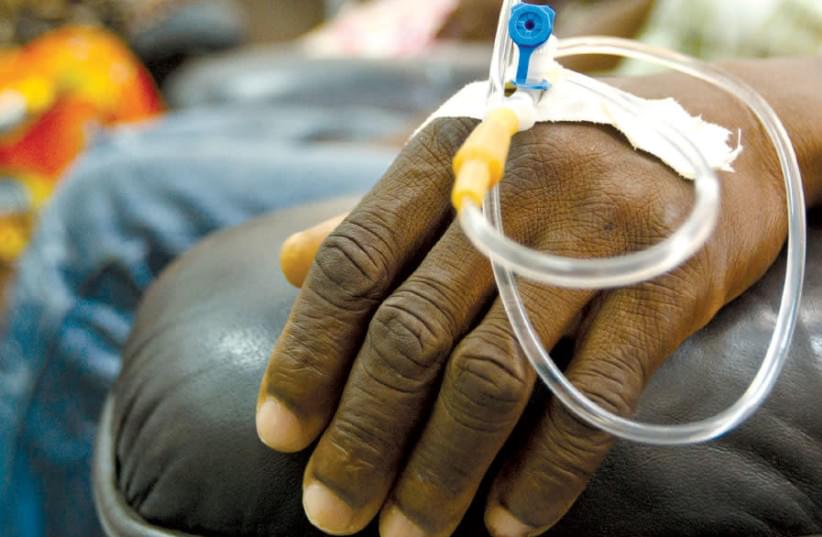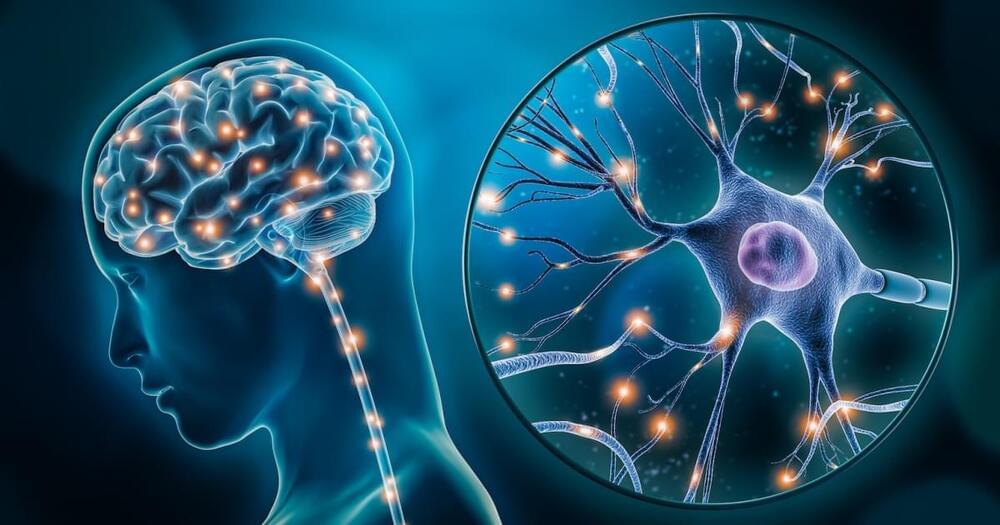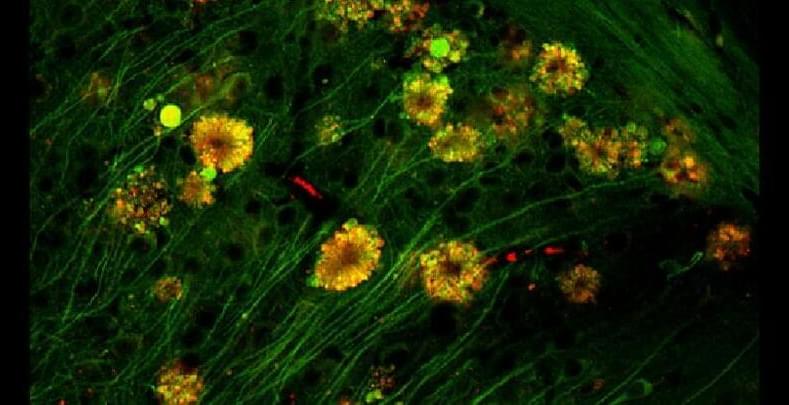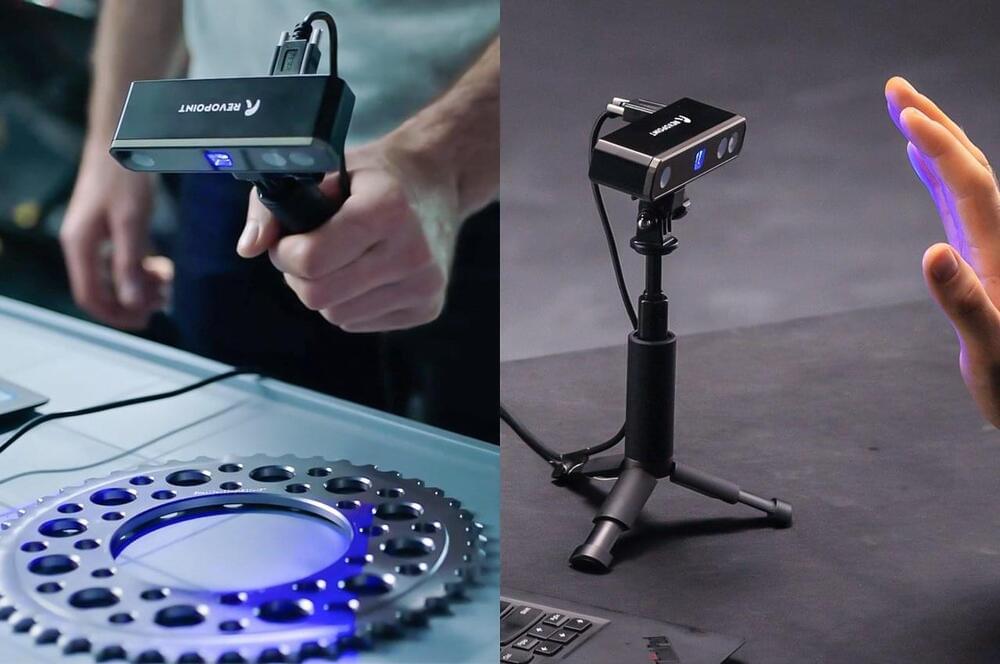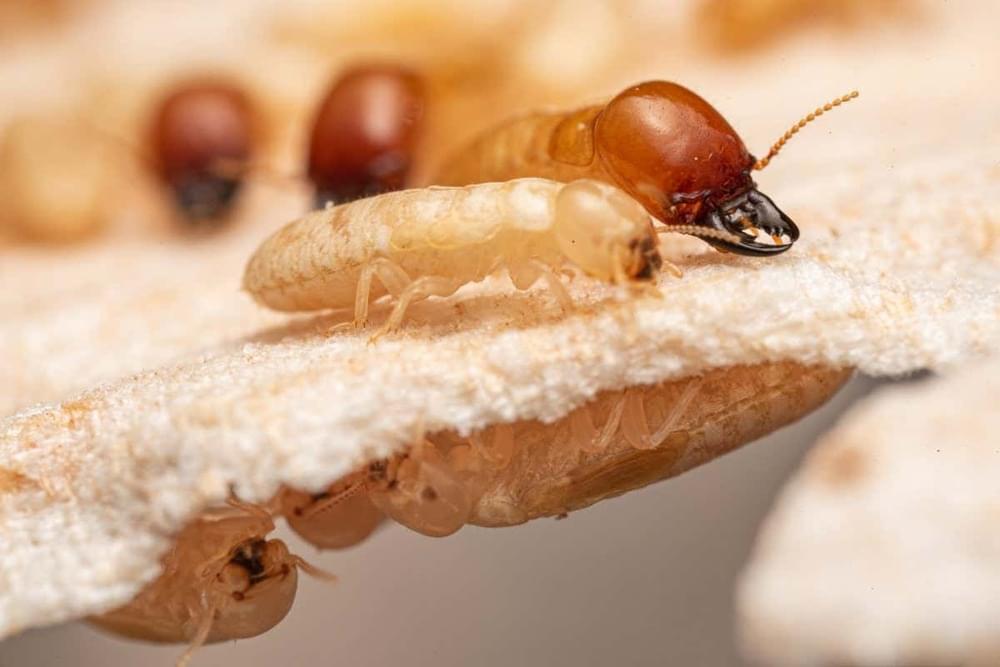Researchers built a 3D model and tested it on young mice who were not yet capable of producing sperm – and after 5–7 weeks, sperm cells in the process of developing were discovered in the model, marking the success of the experiment.
“This system may also serve as an innovative platform for examining the effect of drugs and toxins on male fertility” Prof. Mahmoud Huleihel, BGU’s Faculty of Health Sciences
“This study opens up a new horizon in the process of creating sperm cells in a culture,” says study co-author Prof. Mahmoud Huleihel from BGU’s Faculty of Health Sciences. “It enables the implementation of microfluidic-based technologies in future therapeutic strategies for infertile men and in the preservation of fertility for children undergoing aggressive chemotherapy/radiotherapy treatments that may impair their fertility in puberty.”
